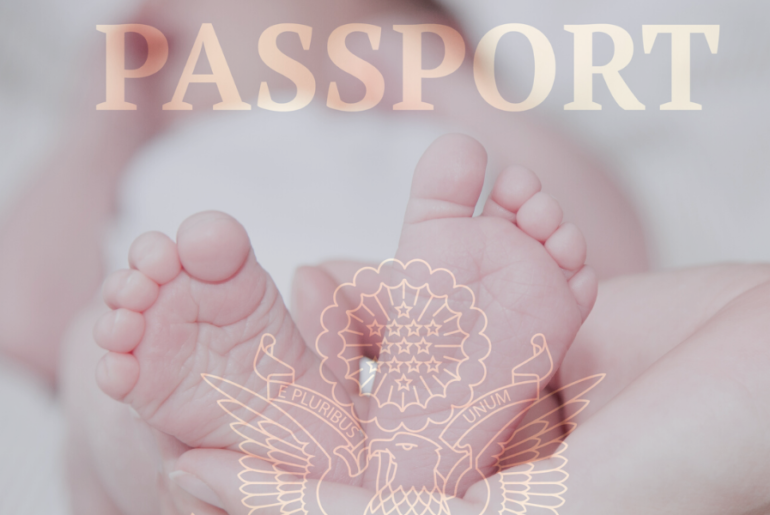Midori Nishida attempted to fly from Hong Kong to Saipan, a U.S. territory, where she grew up and visited regularly as an adult. She was shocked when told by airline staff in November of last year that she would be required to take a pregnancy test before boarding.
In Nishida’s case, the airline stated that in its initial safety assessment by ground staff that it had “reasonable suspicion on the health condition of the passenger…[who] has been observed to have a body size/shape resembling to a pregnant lady.”
Nishida criticized the unprecedented policy and her treatment by staff, calling it “discriminatory,” and doubted the effectiveness of such a policy, writing: “I can only think of how I will be suspected, investigated, and humiliated before I can return to a place I consider home.”
The action by Hong Kong Express Airways in November signaled anticipated revisions by the federal government on immigration regulations — and on Friday, the Trump Administration released changes pertaining to “birth tourism,” or the practice of foreign women giving birth on American soil.
Migration Policy Institute analyst Sarah Pierce told KUT 90.5, Austin’s National Public Radio Station, that the move is “symbolic” saying, “It’s the administration trying to say that they’re cracking down on birth tourism, but in a really ineffective way, and in a way that’s very difficult to enforce.” She says if officials really want to curb the issue of birth tourism, they should be going after the million-dollar businesses facilitating luxury packages for foreigners — like the three Chinese nationals arrested in 2019 for running a lucrative birth tourism business for wealthy Chinese citizens attempting to have their children born in the U.S. But as Pierce noted on Twitter, the 2019 arrests were likely the first and only instance of immigration authorities taking action on the issue.
Birth tourists and expectant mothers alike usually enter the U.S. and U.S. territories on B visas, which are issued to short-term visitors like tourists, business travelers and those seeking urgent medical care. The new federal guidance, which alters the State Department Foreign Affairs Manual, is intended for consular officers and includes similar language:
“Any B nonimmigrant visa applicant who you have reason to believe will give birth during her stay in the United States is presumed to be traveling for the primary purpose of obtaining US citizenship for the child,” the guidance reads. “The applicant can overcome this presumption if you find that the primary purpose of travel is not obtaining US citizenship for a child.”
“This change is intended to address the national security and law enforcement risks associated with birth tourism, including criminal activity associated with the birth tourism industry,” a State Department official told Buzzfeed.
Immigration advocates argue the most troubling result is likely to be on women coming to the US to give birth because of medical need, or extreme and potentially life-threatening circumstances in their home country.
For example, babies born to Chinese nationals saw an uptick between 2010 and 2012 on the small chain of islands, but Saipan’s reputation as a “birth tourism” hotspot during that time period omits a sobering reality: many who sought to give birth there were likely seeking to avoid China’s severe retribution regarding its one-child policy, which was subsequently “relaxed” in 2013.
Journalist and Russian national Kateryna Panova, who gave birth to her son in Florida, argues there’s a big difference between wealthy birth tourists looking to take advantage and expectant women who end up delivering in the US.
“Foreign women who give birth in the US do not feel proud. They feel guilt, shame, and sometimes fear,” Panova wrote. And while she doesn’t feel the term “anchor baby” is insulting, she asserts that it’s not exactly accurate — it’s an exceedingly expensive and prolonged path to citizenship for the mother and/or relatives. Children aren’t able to petition for their parents’ citizenship until 21 years of age. Most don’t even stay in the US, and individuals seeking citizenship have the ability to gain access to green cards for much less than the cost of raising a child.
This isn’t the first time the administration has taken aim at birthright citizenship, which Trump has called “a magnet for illegal immigration.” But citizenship to those born on US soil is a right enshrined in the 14th Amendment, something that would take a Constitutional amendment, rather than an executive order, to overturn.

